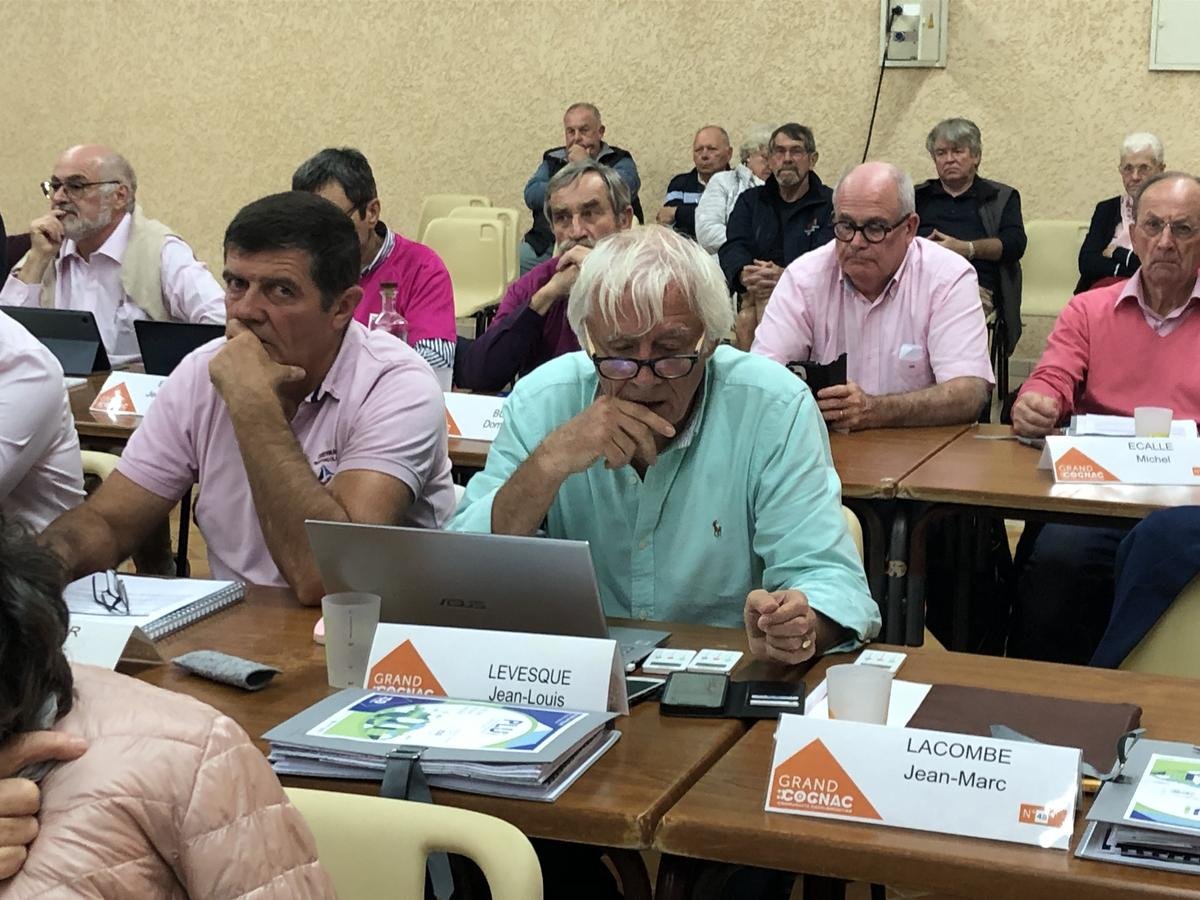Like some of his colleagues, the doctor…
Like some of his colleagues, the Castelnovsk doctor campaigns against this large-scale systematic breast cancer screening operation and denounces its shortcomings. He wanted to explain it.
“It is very good to talk about screening, but it would also be good to talk about prevention. »
“There are no other ways to detect breast cancer other than mammography and learning how to self-palpate. But a significant distinction must be made between organized mass screening and personal screening that can be done in consultation at the doctor’s office. When we prescribe a mammogram for a woman, we must explain to her what she’s committing to, the pros and cons, so she does it with full knowledge of the facts.This is a huge difference from mass screening where you get a letter every two years telling you it’s time to get a mammogram.
You should also know, and this has been validated by independent organizations, that in women aged 49 to 74, without an increased risk of breast cancer, the benefit of systematic screening is really uncertain. And it has several disadvantages. It is estimated that approximately one in five breast cancers are not detected by screening. At the same time, mammography, where no abnormalities are found, does not guarantee the absence of cancer.
We also know that abnormalities detected by mammography are not cancers, but we are required to do further aggressive examinations (MRI, biopsies), which is anxiety-inducing and painful. Above all, we know that 30% of treated breast cancers would have had no impact on women’s health had they not been diagnosed. Finally, we also know that out of 100,000 women who start screening at age 50, radiation from mammography causes five deaths from cancer.
“An ecological disaster”
This Pink October campaign is, it must be remembered, a huge conflict of interest created by the collaboration between radiologists and laboratories, AstraZeneca and then Roche, which market anti-cancer drugs. And because Charentais radiologists cannot absorb systematic mammograms, a reasonable delay prevents getting the necessary mammograms prescribed by doctors.
And what about its environmental impact with all the waste it causes: the umbrellas from China that are bought back every year, the pink t-shirts, the leaflets and so on? It is an ecological disaster.
Finally, one last important point forgotten by Pink October and the public authorities: It is very good to talk about screening, but it would also be good to talk about prevention to prevent the ever-increasing increase in new cases of cancer. breast? It would be time to take an interest in hormone-disrupting substances found in pesticides and food products, which we know for sure have an impact on hormone-dependent cancers (breast, ovary, prostate).
This is not the first time that minorities of doctors have been right against big doctors who carry the good news, completely immersed in conflicts of interest. There are plenty of examples: Mediator, anti-Alzheimer’s drugs, certain anti-diabetics, and certain anti-inflammatories that are harmful to the benefit-risk ratio, some of which ended up being reimbursed or stopped. »
